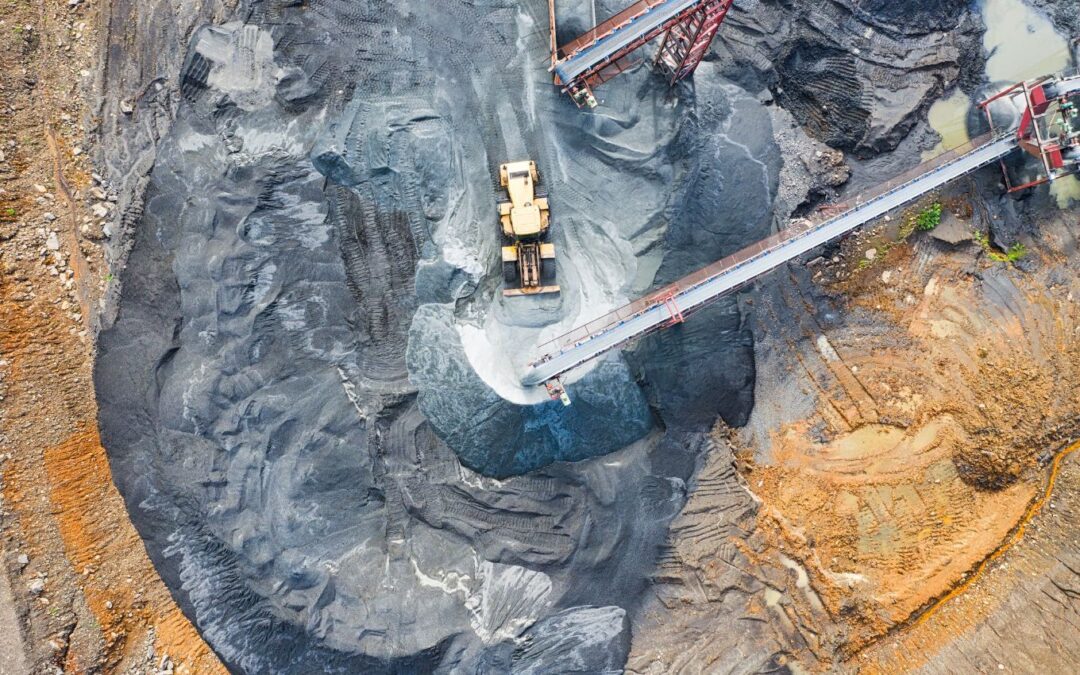The White House demands that corporations turn a blind eye to human rights abuses in the mining of minerals in “risky” countries.
That’s what Amos Hochstein, White House senior adviser for energy and investment, means by his comments at the Milken Institute Global Conference in Los Angeles.
“We can all live in the capitals and cities around the world and say ‘I don’t want to do business there.’ But what you are really saying is we’re not going to have an energy transition… Because the energy transition is not going to happen if it can only be produced where I live, under my standards.”
There’s a reason that Western corporations are reticent to do business in countries like “Chile, Peru, Ecuador, Mexico, Congo, Zambia, DRC [Democratic Republic of Congo], etc, Angola.” Not only are these countries often politically unstable, but they do not live up to U.S. environmental or labor standards, which creates risks to the corporations’ reputations and assets. In the Democratic Republic of Congo, for example, there are children as young as six working in cobalt mines.
The solution, to Mr. Hochstein, is for government to step in where “Western finance” has been unwilling “to absorb this risk.”
“The government has a real role here of incentivizing private capital by taking more risk in this initial work, in a responsible manner, but more risk to allow the private sector to come in, augment it and allow the investment so that we have a diversified, sustainable and equitable energy transition.”
The U.S. has world-class deposits of minerals that are, for all intents and purposes, off-limits to mining. Any kind of mine carries environmental impacts, but U.S. environmental standards — and Minnesota’s in particular — have strict criteria for design, construction, operation, monitoring, and closure of mines that minimize environmental impact.
It’s both arrogant and ignorant to allow human rights abuses and environmental destruction to continue in the pursuit of an energy transition — just so long as that mining occurs out of sight, out of mind. A better solution is to develop domestic mineral deposits where we can according to our high environmental and labor standards.

